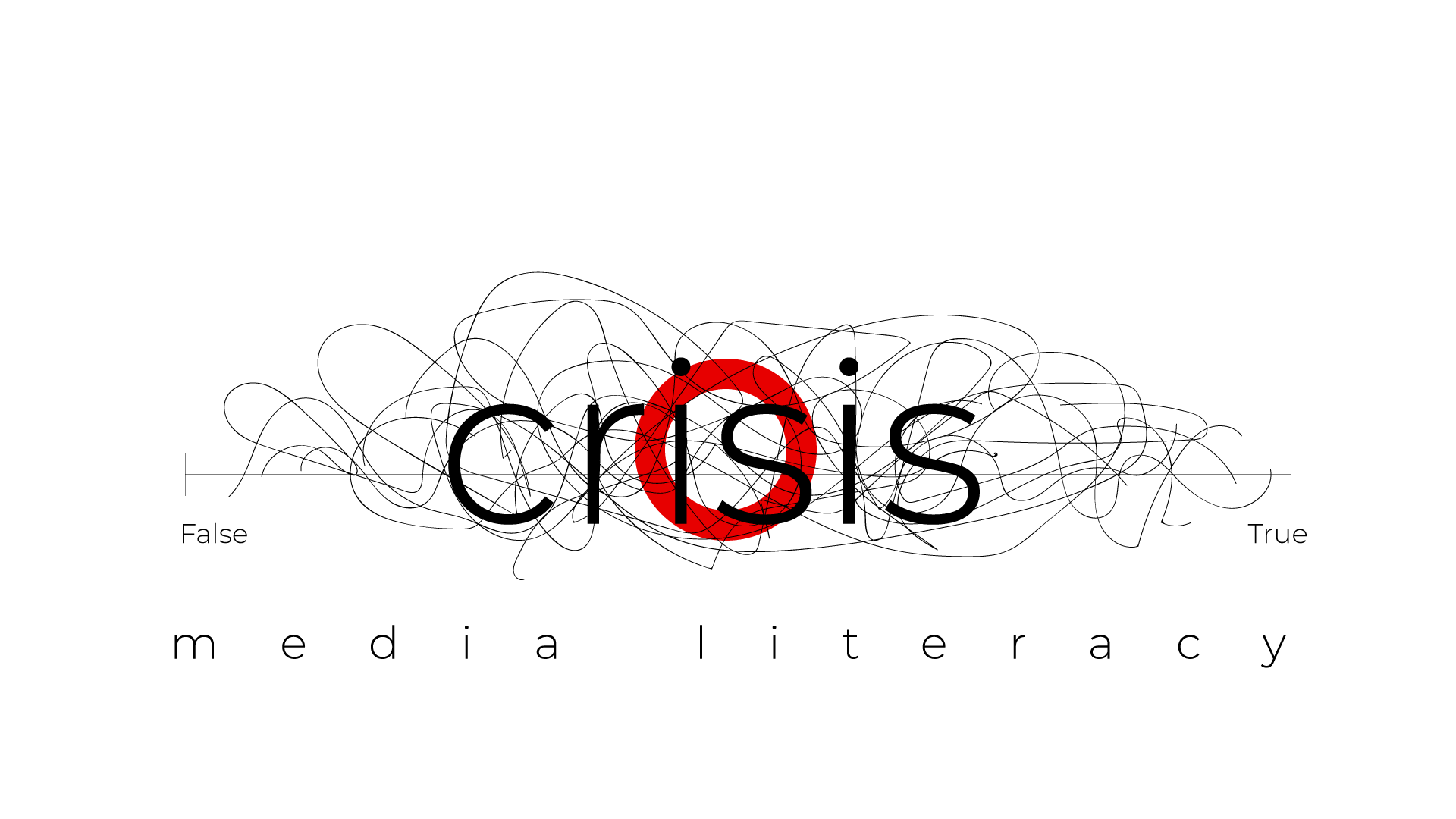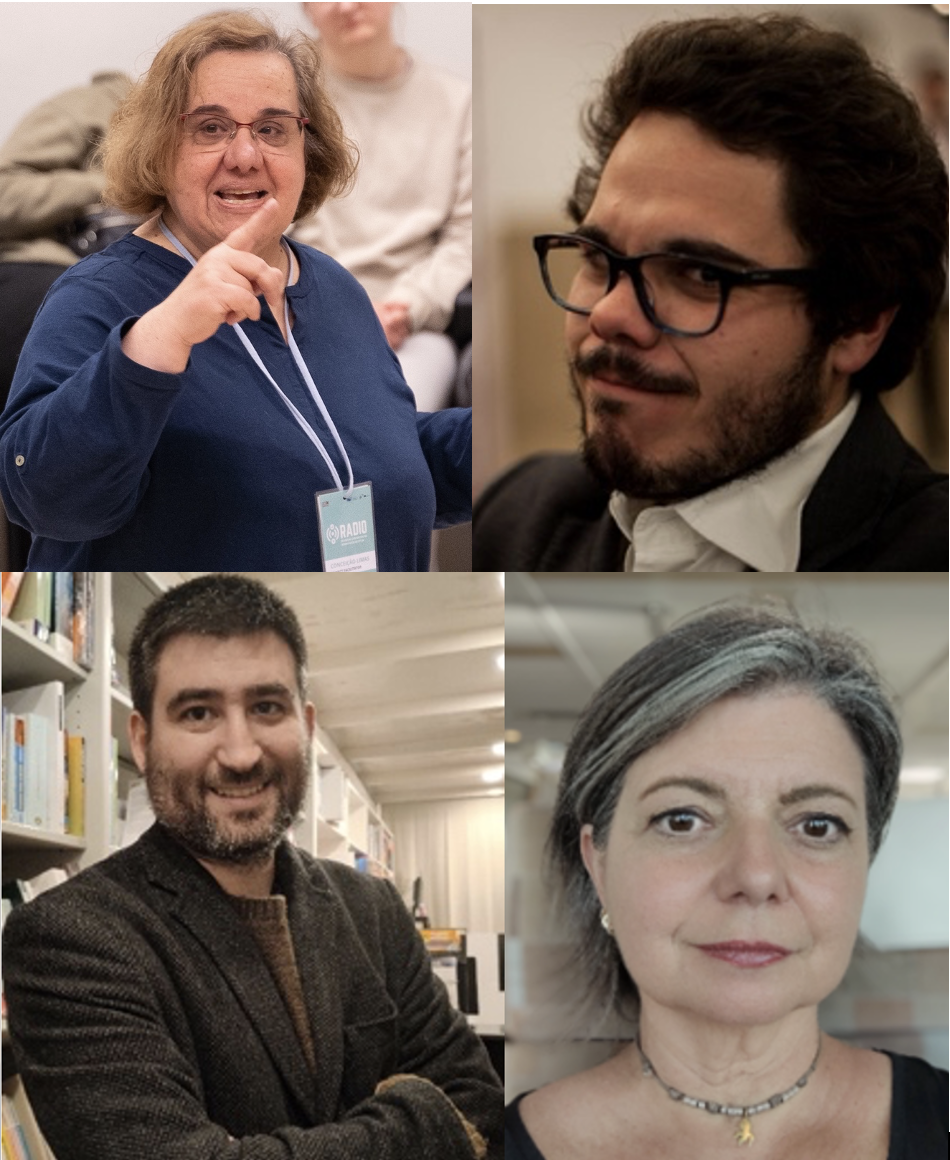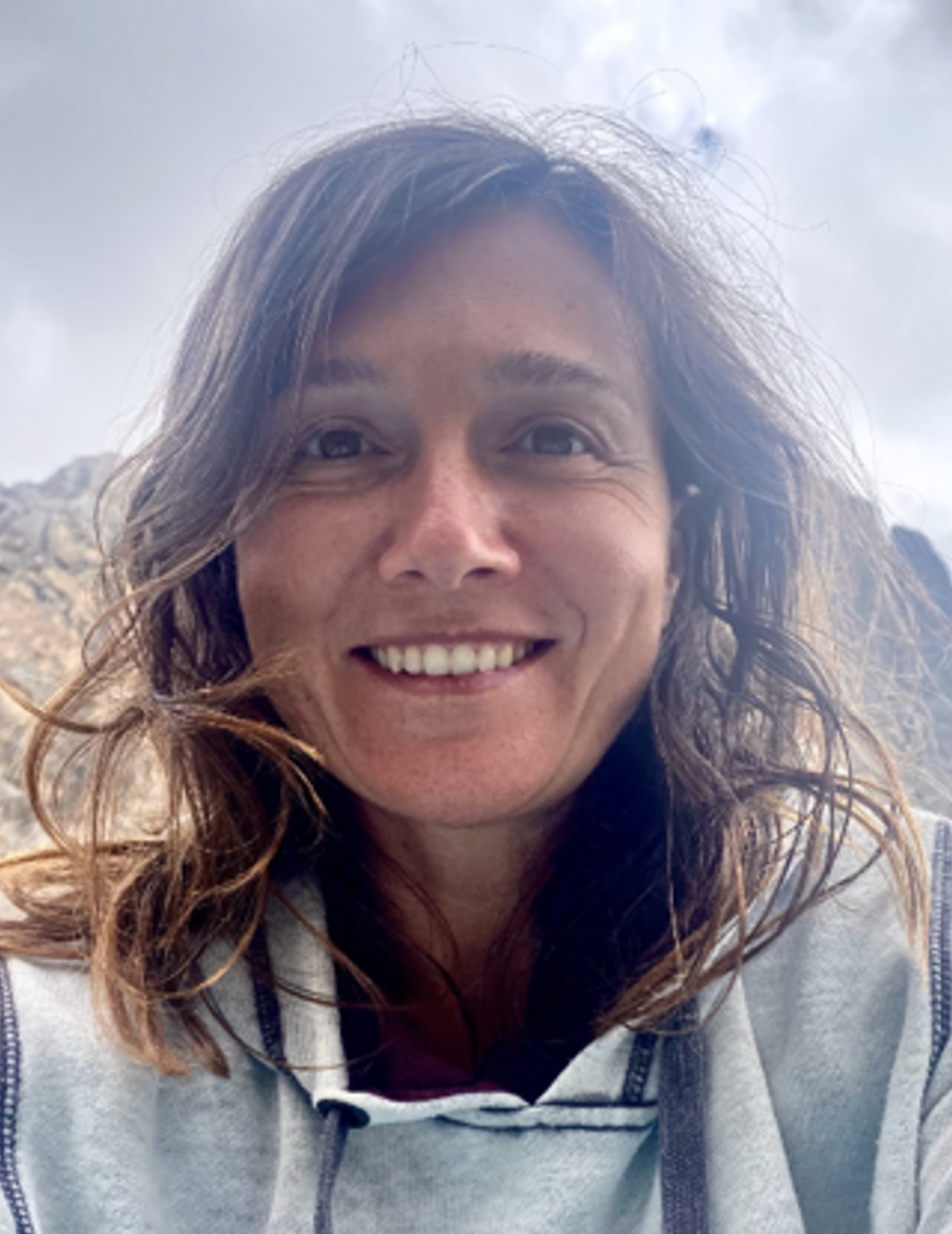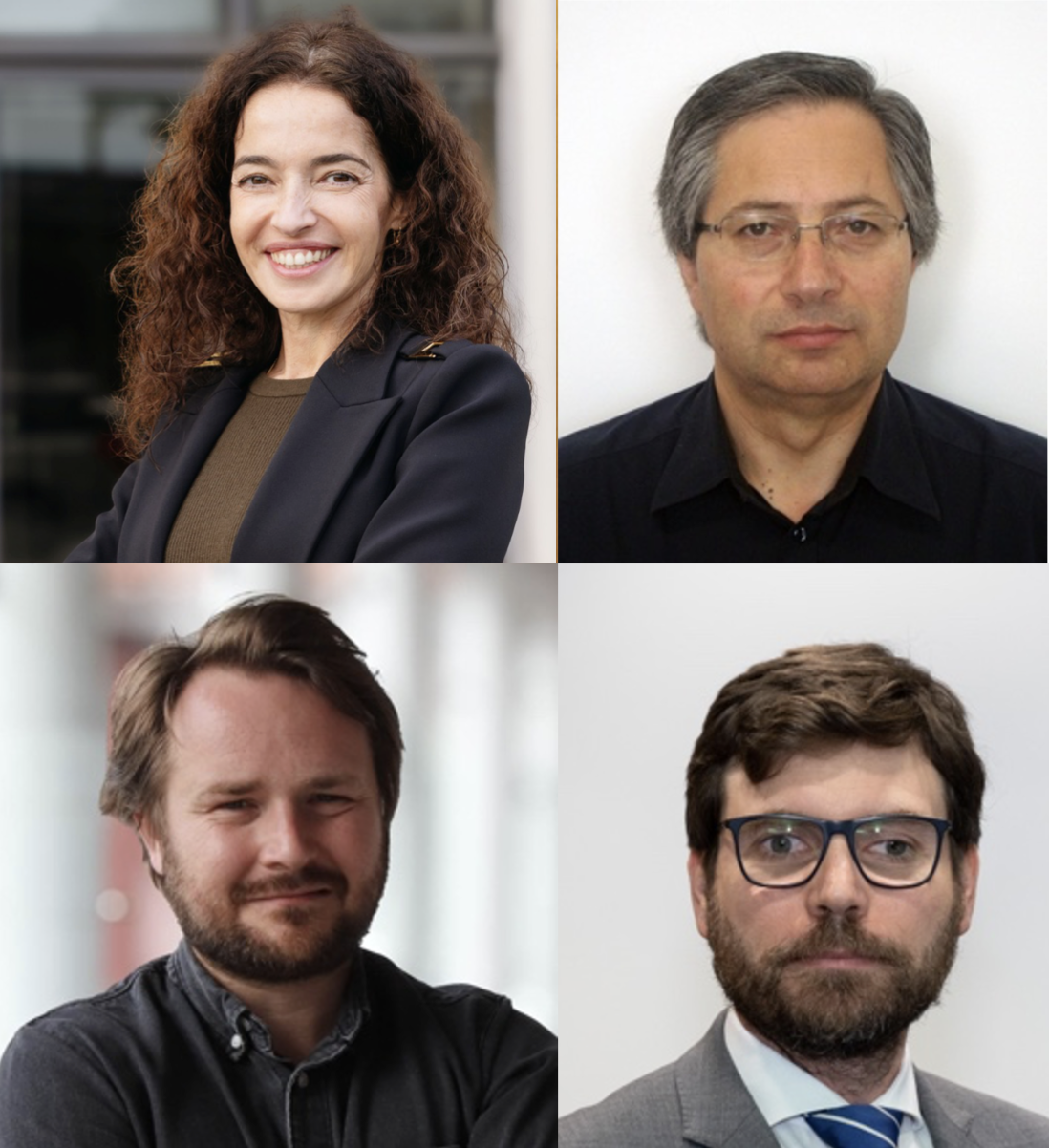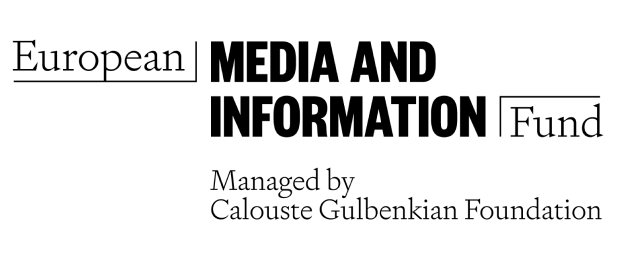Crisis Media Literacy 2024
Sala de Atos | Reitoria
Zoom: Zoom Link
9:00 Registration & Opening
9:30 Keynote: Digital / Media Literacies and Social Justice: Working with Vulnerable Communities in Times of Crisis
Moderation: Alessandra Carenzio, Università Cattolica del Sacro Cuore, Italy
Isabella Rega, Prof. Digital Media for Social Change, Bournemouth University, UK
10:30 Coffee-break
11:00 Scientific Session 1: Practices in Media Literacy
Moderation: Simona Ferrari, Catholic University of Milan
The Sound of Truth: are podcast listeners media literate enough?
Ricardo Morais (FLUP/CITCEM/LabCom) and Clara Fernandes (LASALLE College of the Arts-University of the Arts Singapore/UNDICOM/IADE)
Practices of media and information literacy in Portuguese schools: a snapshot from the teachers' voice
Marisa Mourão and Sara Pereira (Communication and Society Research Centre, University of Minho)
Media literacy for health workers: a communicative experience in Brazil's Unified Health System
Pâmela Pinto, Thaiane Oliveira, and Kizi Araujo, Fundação Oswaldo Cruz, Brasil
Enhancing Media Literacy Through Two Ludic Tools
Ruth Espinosa (Universitat de Vic) José Eguia-Gomez (Polytechnic University of Catalonia, Barcelona)
YOUTHSCIFI - Promoting scientific critical thinking in young people through the creation of science fiction narratives and multimedia
Daniela Figueiredo, Dep. of Biology, University of Aveiro
12:30 Lunch
14:00 Panel: Media Policy and Media Politics
Moderation: Nelson Zagalo, University of Aveiro
Guest Speakers: Rita Rola - Entidade Reguladora para a Comunicação Social; Manuel Pinto - MILObs, Universidade do Minho; José Reis - Centro Nacional Cibersecurança; Sérgio Gomes da Silva - #PortugalMediaLab
15:30 Scientific Session 2: Media Consumption and Sustainability
Moderation: Liliana Costa, University of Aveiro
Scrolling Through The Feed: How do young people in Portugal consume news on social media?
Catarina Feio and Lídia Oliveira, Dep. of Communication and Art, University of Aveiro
Media Innovation in Low Density Territories: Strategies for the sustainability and recovery of local radio stations
Joaquim Brigas, Jorge Gonçalves, Handerson Engrácio, Filipe T. Moreira & Fátima Gonçalves, Institute Polytechnic of Guarda
Developing a sustainable content strategy to promote information literacy
Lívia Guardard Jardim, Institute Polytechnic of Guarda
Digital Innovation to Support Local Radios in Low-Density Territories. The Newaves Platforms
Joaquim Brigas, Jorge Gonçalves, Handerson Engrácio, Filipe T. Moreira & Fátima Gonçalves, Institute Polytechnic of Guarda
16:30 Coffee-break
17:00 Scientific Session3: Media Portrayals and Controversies in Society
Moderation: Maria João Antunes, University of Aveiro
The Representation of the Word ‘Terrorism’ on January 8th Analysis on Social Network X about Results of the Attacks on Brazil's Three Branches of Government
Rita Paulino, Universidade Federal de Santa Catarina; Ivone Rocha, Universidade Federal de Santa Catarina (PPGJOR/UFSC); Adriano Madureira, Universidade Federal do Pará; Marcos Seruffo, Universidade Católica do Rio de Janeiro
E-cigarettes controversy on YouTube: a study from Brazil
Daniel Azevedo, Pâmela Pinto, Daniela Muzi, Fundação Oswaldo Cruz, Brasil
Al-Haouz Earthquake Misinformation Crisis in Morocco: Content Analysis of X Tweets
K. Aarmouch, Ibn Zohr University, Agadir, Morocco
From Memes to the Presidency: The Construction of Bolsonaro and Trump’s Images through Twitter
Leonardo Castelo Branco, University of the State of Rio de Janeiro
18:00 Closing session
